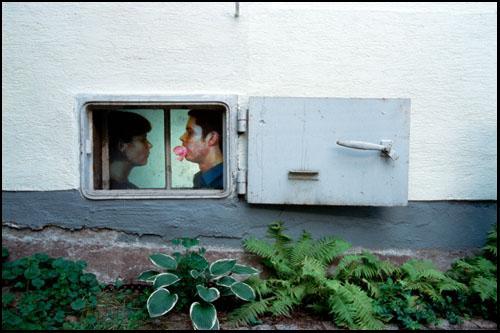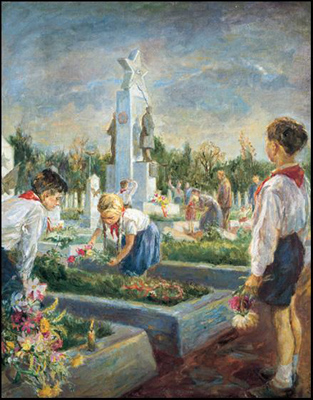Maria Vasilieva of Manifesta 4
Maria Vassileva worked on the team that organized last year’s Manifesta 4 in Frankfurt/M.. She was born in 1961 in Sofia, Bulgaria. She graduated in art history from the Art Academy, Sofia in 1984. Vassileva specialised at the Museum of Modern Art, New York (1998) and at the Institute of the History of Art at the University in Rochester, the USA (1999). She is a founding member of the Institute of Contemporary Art – Sofiam, and Chief Curator at the Sofia Art Gallery. She currently teaches the History of Contemporary Art at the Art Academy in Sofia, and since 1998 … Read more






